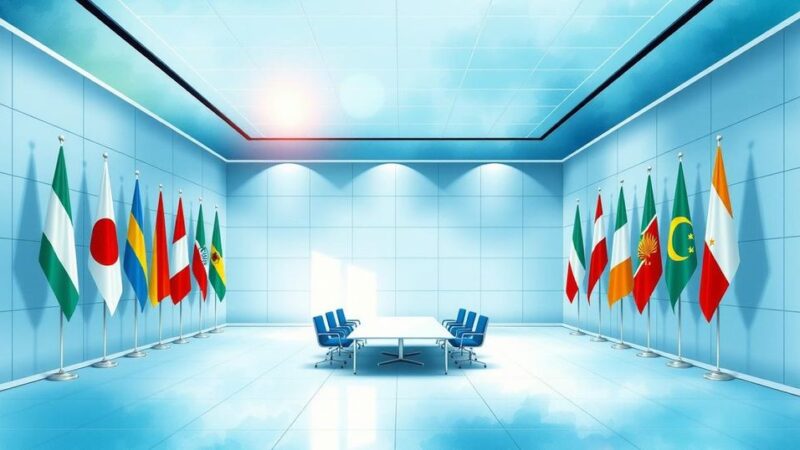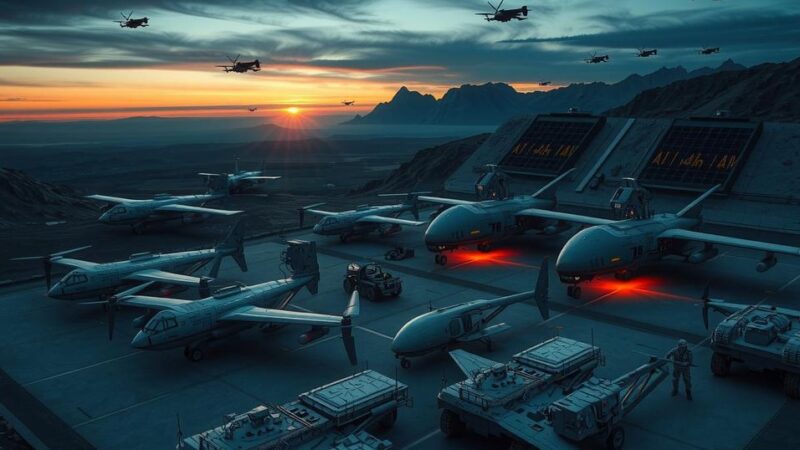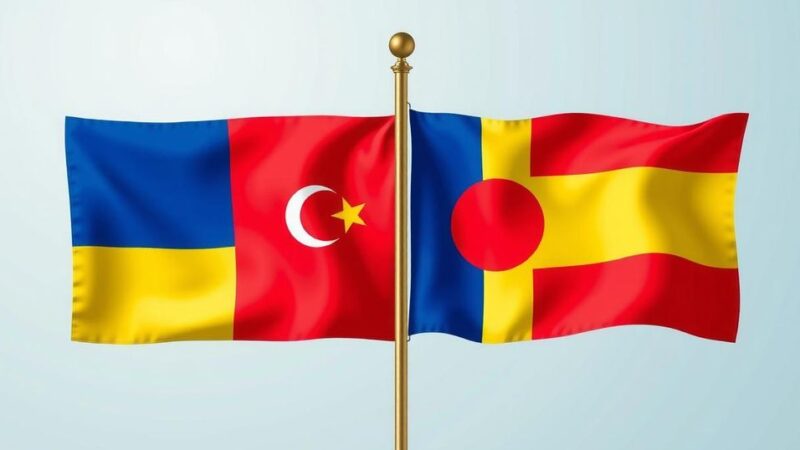The civil war in Sudan, active since April 2023, has attracted foreign involvement, particularly from Saudi Arabia and the UAE, who have allegedly supported opposing factions. While historically rooted ties exist, their current engagement reflects a response to regional instability. The conflict remains deeply complicated by entrenched positions and the broader international context, making resolution challenging.
The ongoing civil war in Sudan, initiated in April 2023, has led to a severe humanitarian crisis and attracted diverse foreign involvement, notably from Saudi Arabia and the United Arab Emirates (UAE). These two Gulf monarchies have allegedly provided financial and military support to the conflicting parties, which include the Sudanese Armed Forces and the paramilitary Rapid Support Forces. The nuances of their involvement reveal a complex interplay between domestic triggers and international strategies.
Saudi and UAE engagement in Sudan is historically rooted and has evolved significantly over recent decades. While Saudi Arabia’s relationship with Sudan traces back to 1956 and has been characterized by geographic and religious connections, the UAE’s influence emerged later as it expanded its economic interests in Africa, particularly in port logistics. Their mutual interest intensified around 2014–2015 when they sought to counteract Iranian influence in the Horn of Africa, particularly following Sudan’s involvement in the Saudi-led military operations in Yemen.
In the post-Bashir era, which began in 2019, the influence of Saudi Arabia and the UAE grew, fueled by established direct ties with competing factions in Sudan’s power structure. The two monarchies began supporting different security apparatus factions: Riyadh and Egypt aligned with army leader Abdel Fattah al-Burhan, while Abu Dhabi supported Mohamed Dagalo, the head of the Rapid Support Forces. This divide, however, did not instigate the conflict; rather, it provided a backdrop of external support that empowered local actors to pursue their interests through armed confrontation.
The strategic importance of Sudan to Saudi Arabia and the UAE is amplified by its geographical position between the Sahel and the Red Sea, regions beset by numerous challenges including instability, poverty, and jihadist threats. Additionally, their significant investments in Sudan’s agri-food sector bolster their food security, with total contributions estimated between US$1.5 billion and US$2 billion. Sudan’s fertile lands and water resources present lucrative opportunities for Gulf economies seeking agricultural expansion.
The future of the conflict appears bleak, resembling other unresolved global crises. The entrenched views of both warring parties—where each perceives its victory as contingent upon the other’s defeat—complicate any potential for negotiation. Additionally, the shifting international landscape provides ample external backing for continued hostilities, raising concerns that the current division of power and governance in Sudan might become more entrenched as time progresses.
The civil war in Sudan illustrates the intricate dynamics at play between internal conflict and external influences, particularly from Saudi Arabia and the UAE. Their historical ties and strategic interests have motivated their involvement, yet the entrenched positions of the combatants and the ongoing global power shifts hinder prospects for resolution. The ongoing situation underscores the need for careful monitoring of both local and external developments, which will influence the trajectory of peace and stability in the region.
Original Source: theconversation.com






